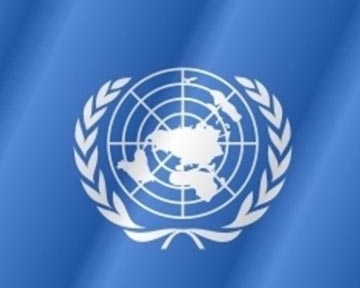UN ranked encryption and anonymity on the Internet as human rights

On Thursday, the United Nations Human Rights Council presented a report on the meeting on anonymity and encryption on the Internet. The main conclusion of the document: the possibility of anonymous use of the Internet and the use of encryption of personal data and means of communication are necessary and should be regarded as part of human rights.
Anonymization and encryption tools were called “necessary for a person to be free in expressing his opinion in the digital age”. The document notes that although such tools can be used by criminals to commit crimes, the same phone can be used both to plot a crime and to report to the police.
')
If you take bans on encryption and anonymity in favor of those who are fighting a marginal minority - terrorists and intruders, the rights of a much larger number of people will be violated. Journalists, public organizations, members of ethnic and religious groups, activists, students, artists and other people who may be subjected to various unreasonable harassment and persecution may be in a very vulnerable position. And ordinary citizens have the right to rely on the fact that their data is safe, and nobody reads their letters, except for the direct recipients.
Various agencies and heads of state have repeatedly said that modern encryption allows terrorists and criminals to evade responsibility and makes it difficult for the security services to work.
President Barack Hussein Obama stated the need to introduce “backdoors” in communication programs and popular applications for smartphones. British Prime Minister David Cameron, as part of the election campaign (he won again in the election), vowed to promote a ban on online communication tools that encrypt their traffic and do not have “backdoors” for special services. The FBI director complained to the US Congress about Apple and Google, which agreed to implement default encryption tools in their future mobile products.
But, obviously, the Human Rights Council decided that it is impossible to limit the rights of the majority of people because of the criminal minority. Obviously, the introduction of any means and means of circumventing encryption, intended solely for "official use", would lead to a weakening of this encryption in principle. I wonder which countries and governments will heed the findings of the UN Commission?
The most famous anonymity fighter is still China . They prohibit VPN, Tor and other encryption tools and require you to disclose your identity for any activity on the Internet. In Russia, these funds are not officially banned. However, Roskomnadzor has already supported the idea of banning anonymizers, and they are trying to suspend the distribution of similar information on how to bypass blocked sites.
Source: https://habr.com/ru/post/356760/
All Articles